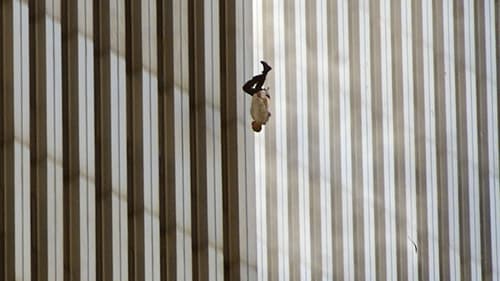
Director
Lonely. It could be you. It could be me. There are millions of us out there. The headlines call this 'The Age of Loneliness'. They say it's a major public health issue. A silent epidemic that's starting to kill us. But we don't want to talk about it. No-one really wants to admit they are lonely. Award-winning film-maker Sue Bourne believes loneliness has to be talked about. It affects so many of us in so many different ways and at so many different stages of our lives. So she went out to find people brave enough to go on camera and talk about their loneliness. The Age of Loneliness has people of all ages in it, from Isobel the 19-year-old student to Olive the feisty 100-year-old, Ben the divorcee, Jaye the 40-year-old singleton, Richard the 72-year-old internet-dating widower, to Martin, Iain and Christine talking about their mental health problems. Everyone talks with such remarkable honesty and bravery that you can't help but be touched by their stories.

Producer
Lonely. It could be you. It could be me. There are millions of us out there. The headlines call this 'The Age of Loneliness'. They say it's a major public health issue. A silent epidemic that's starting to kill us. But we don't want to talk about it. No-one really wants to admit they are lonely. Award-winning film-maker Sue Bourne believes loneliness has to be talked about. It affects so many of us in so many different ways and at so many different stages of our lives. So she went out to find people brave enough to go on camera and talk about their loneliness. The Age of Loneliness has people of all ages in it, from Isobel the 19-year-old student to Olive the feisty 100-year-old, Ben the divorcee, Jaye the 40-year-old singleton, Richard the 72-year-old internet-dating widower, to Martin, Iain and Christine talking about their mental health problems. Everyone talks with such remarkable honesty and bravery that you can't help but be touched by their stories.

Director
Documentary telling the compelling story of the 40th Irish Dancing World Championships.

Director
This powerful documentary, first broadcast in 2009, hit a chord with thousands of people – not just those who are dealing with a relative who has Alzheimer's. The film was an unusual departure from Sue Bourne’s normal approach because she turned the cameras on herself and her family to make the documentary. Sue’s mother Ethel has Alzheimer’s and lives in a nursing home in Scotland. For three years Sue and her daughter Holly filmed the time they spent together with Ethel. The reason Bourne wanted to make this film was that everything she had seen about Alzheimers had been terribly sad and depressing. Yet her experience with Holly and Ethel was that, in spite of her mother having Alzheimer’s, the three of them still managed to laugh and enjoy their time together.

Self
This powerful documentary, first broadcast in 2009, hit a chord with thousands of people – not just those who are dealing with a relative who has Alzheimer's. The film was an unusual departure from Sue Bourne’s normal approach because she turned the cameras on herself and her family to make the documentary. Sue’s mother Ethel has Alzheimer’s and lives in a nursing home in Scotland. For three years Sue and her daughter Holly filmed the time they spent together with Ethel. The reason Bourne wanted to make this film was that everything she had seen about Alzheimers had been terribly sad and depressing. Yet her experience with Holly and Ethel was that, in spite of her mother having Alzheimer’s, the three of them still managed to laugh and enjoy their time together.

Executive Producer
An examination of an image - a falling man from the North Tower, frozen in mid air - circulated by the press immediately after the September 11 attacks, the public's reaction, and why it was later deemed un-newsworthy.

narrator
A comic look at small-town Lotharios.



